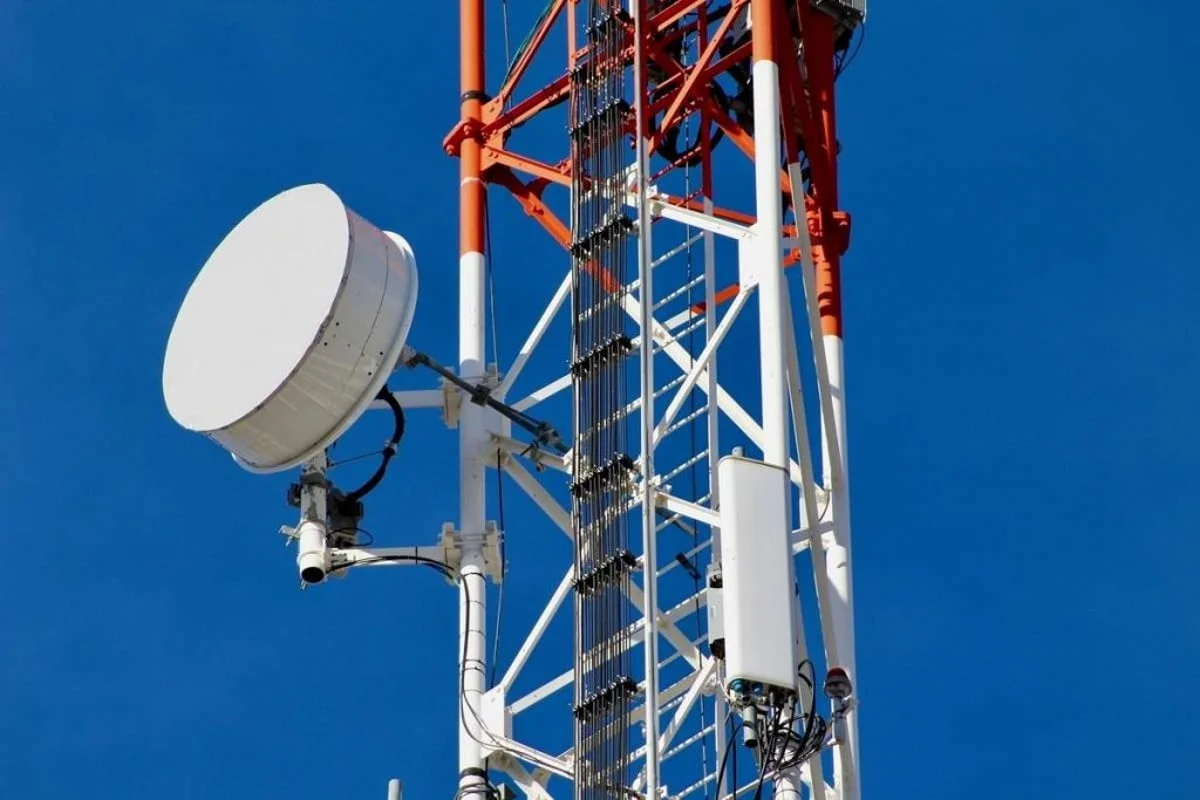
The Indian telecom industry has been in a constant state of survival since Jio has come to the market. The debt levels have been soaring because of liquidity issues that Airtel and Vodafone Idea (Vi) have faced in the past. But since 2021, things have started becoming good for the telecom industry and signs of recovery are there. The improvements can be credited to the higher demand for digital services as well as the government announcing relief measures for the telcos.
ICRA believes that the average revenue per user (ARPU) of the telecom industry (excluding BSNL) will touch Rs 170 by the end of FY23. The ARPU growth will be driven by the rise in tariffs.
However, the debt level of the industry would go up significantly because of the upcoming 5G spectrum auction. The Department of Telecommunications (DoT) has announced the date of the spectrum – July 26, 2022.
Upfront Payment Likely to be Low
The good thing is that the telcos will have to make the first instalment (the owed amount can be paid in up to 20 instalments) payment within 10 days of the price announcement. But this won’t be too high for the telcos and the fact that they don’t have to also provide bank guarantees is a good move.
There won’t be any major liquidity issues as such to the telcos. ICRA said that regardless of the less upfront payment, the deferred spectrum liabilities of the telcos would increase which in turn would increase the total debt levels of the companies and the industry.
ICRA noted that debt continues to be one of the vulnerable points for the country. Telcos such as Airtel and Jio which have been able to generate free cash flows have been trying to deleverage as fast as possible. Vodafone Idea is also looking for a fundraiser to ease out liquidity concerns.















